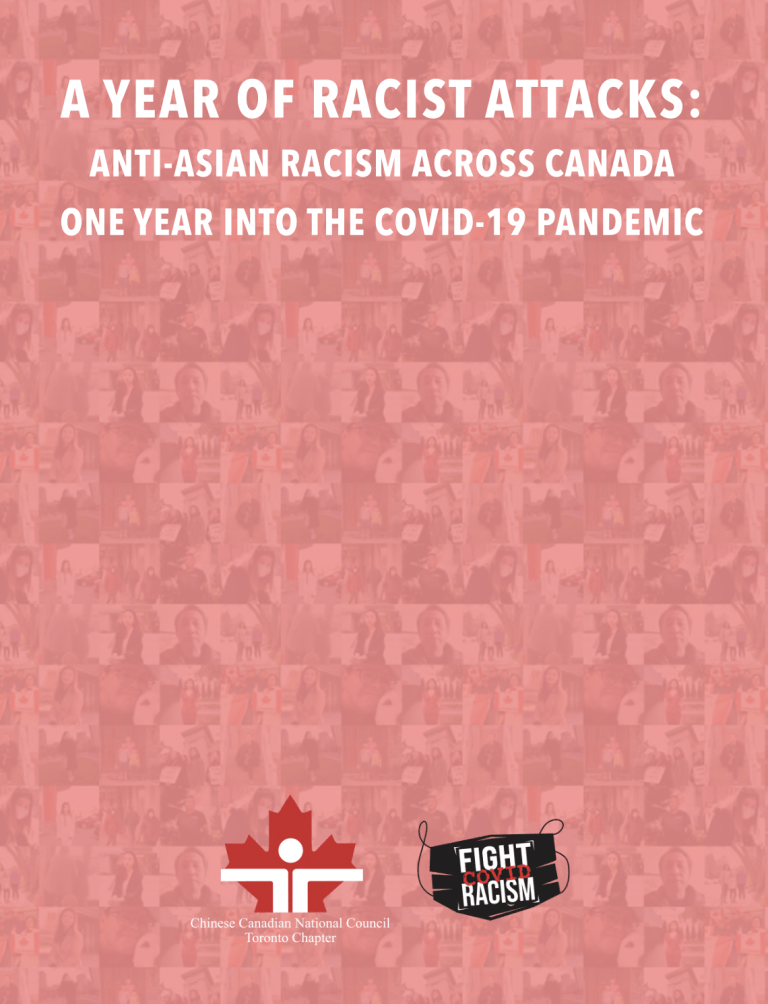2 search results
for
Migrants and refugees
Recommendation 2:
Recognize that while anti-Chinese and anti-Asian racism happens to anyone who is perceived to be from such a group, adopt a targeted approach based on intersectional equity, to ensure those who are most vulnerable are protected. Evidence from our data suggests specific attention needs to be paid to: seniors, those with limited English fluency, low income individuals, women, frontline workers, individuals without permanent immigration status, LGBTQ+ community members, those facing mental health issues and others.
-
Category and theme:
Audience:
Recommendation 4:
Chinese and Asian Canadians also face racism as workers. As frontline and essential workers during the pandemic, they are vulnerable to racist attacks and the same vulnerabilities that frontline and essential workers face. Fighting anti-Asian racism is also about recognizing how systemic inequity renders racialized communities more likely to be frontline and essential workers, and also ensuring that these workers have the protections they need:
- Ensure all workers have access to legislated paid sick days: seven permanent paid sick days in regular times and 14 paid sick days during health emergencies.
- Ensure satisfactory income support during and after the pandemic for all.
- Ensure status on arrival and implement a regularization program to grant permanent resident status to all migrants and people with precarious immigration status.
-
Category and theme:
Audience:
Groups affected:
